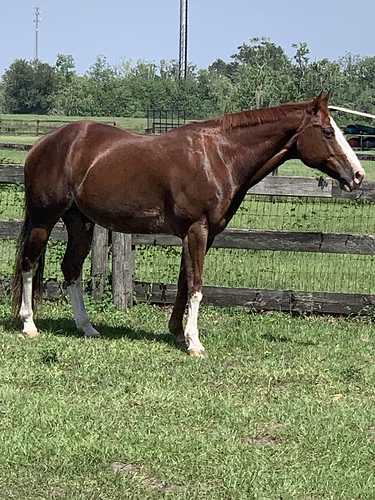We have this within the American Morgan Horse Association - it’s called the Full Circle program. You do have to know their registered name to search for them, but you don’t have to be an AMHA member: https://my.morganhorse.com/Registry/Full-Circle-Program-Enrollees
I’m a listed contact for all the horses I’ve ever owned, and all the foals they’ve had. I’ve never been able to find out how often it actually serves to get a horse out of a bad situation using a Full Circle contact, but I do appreciate that it exists.



